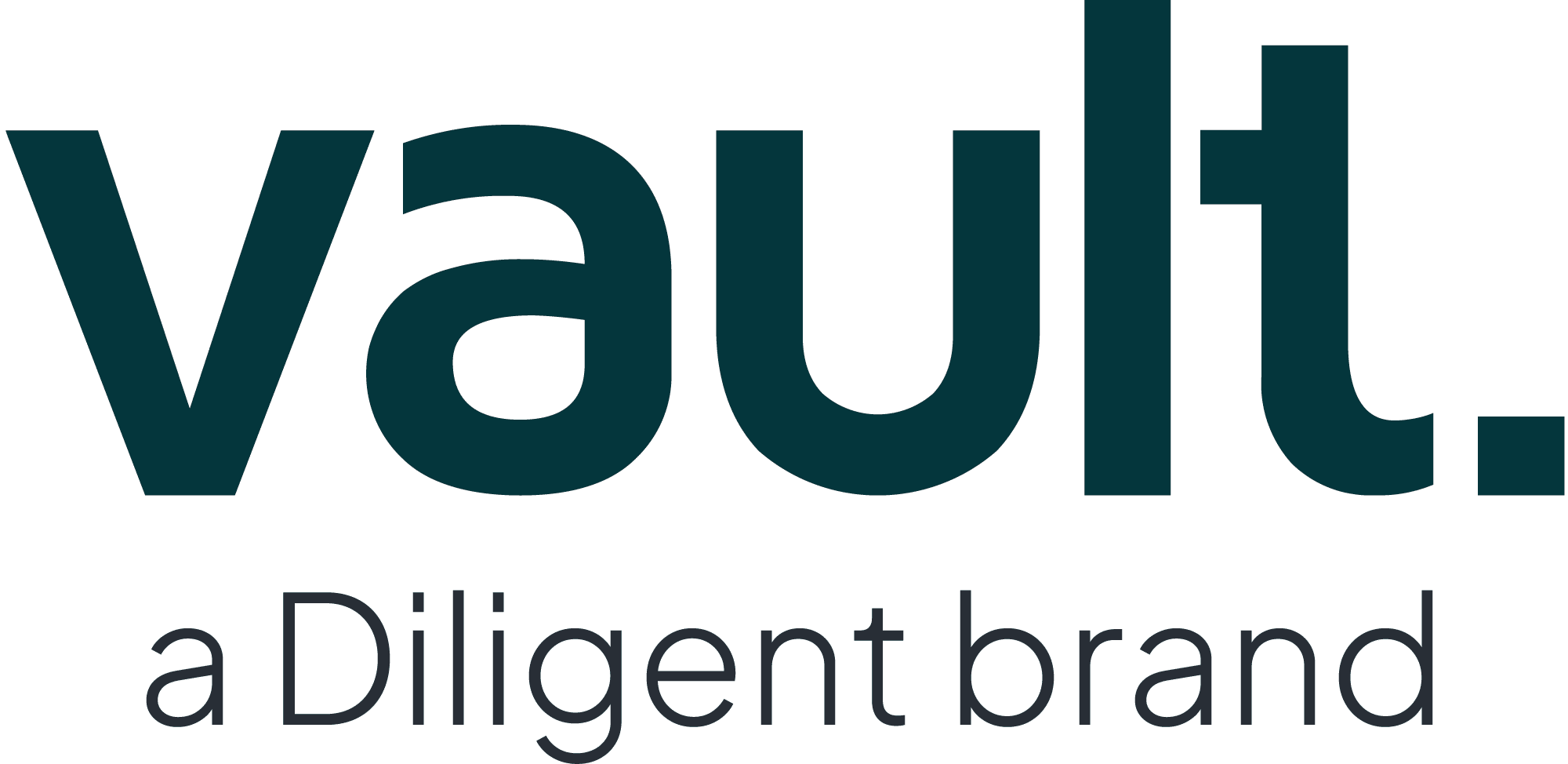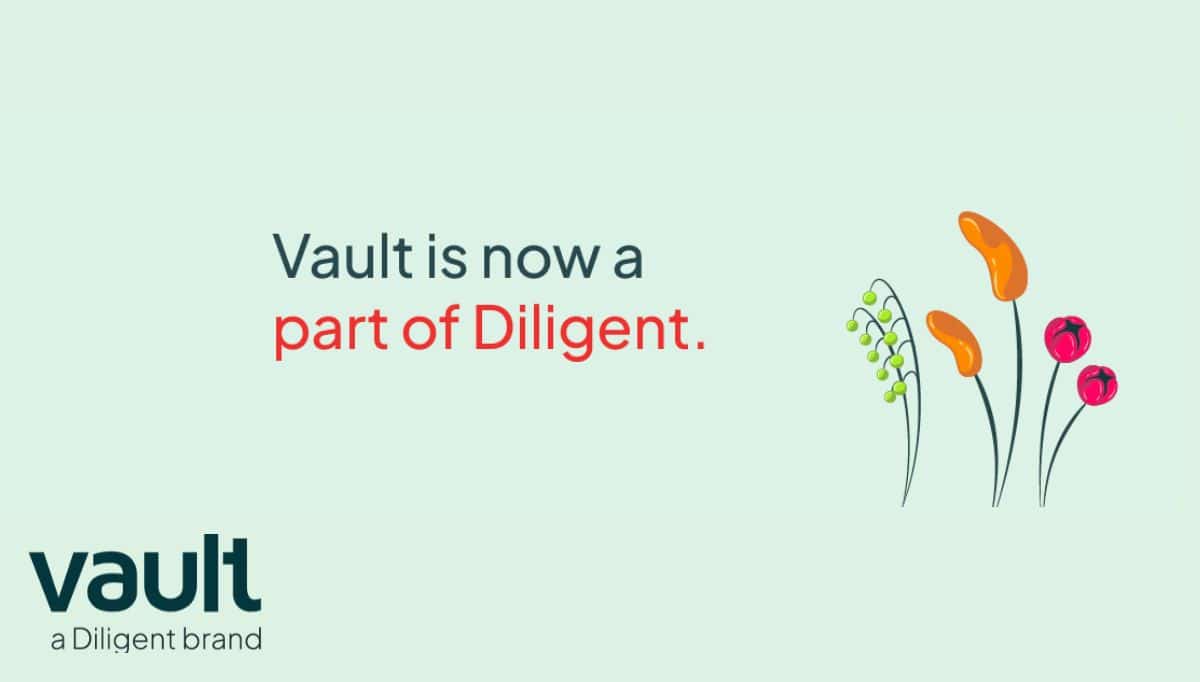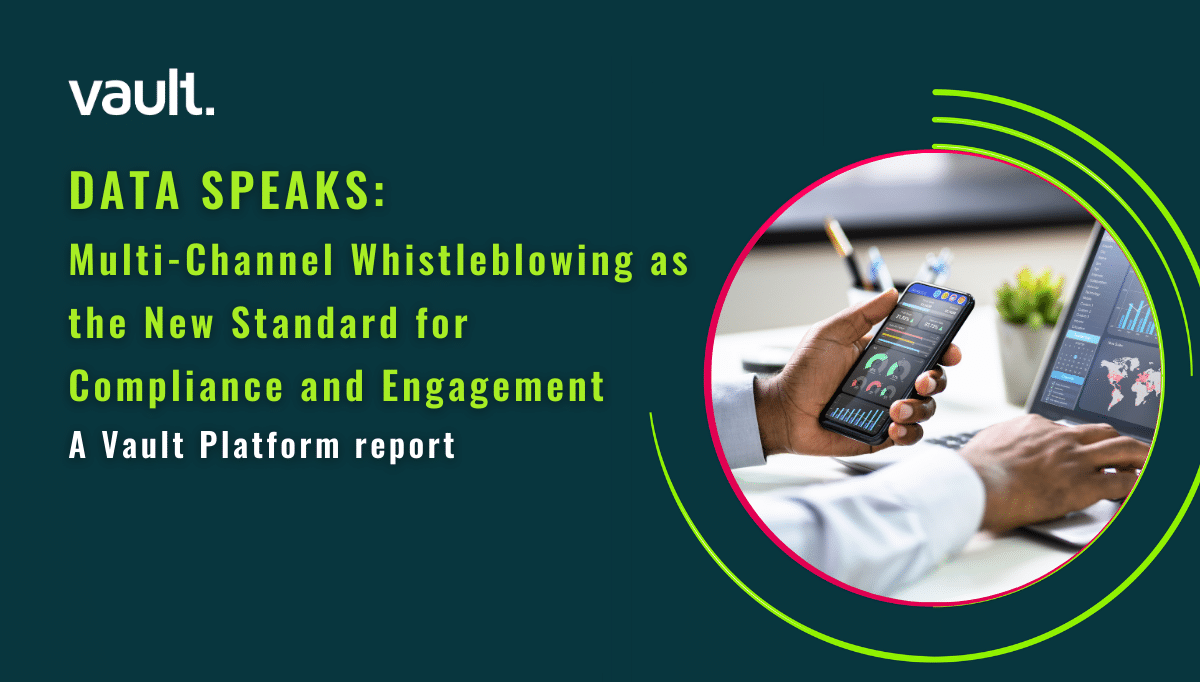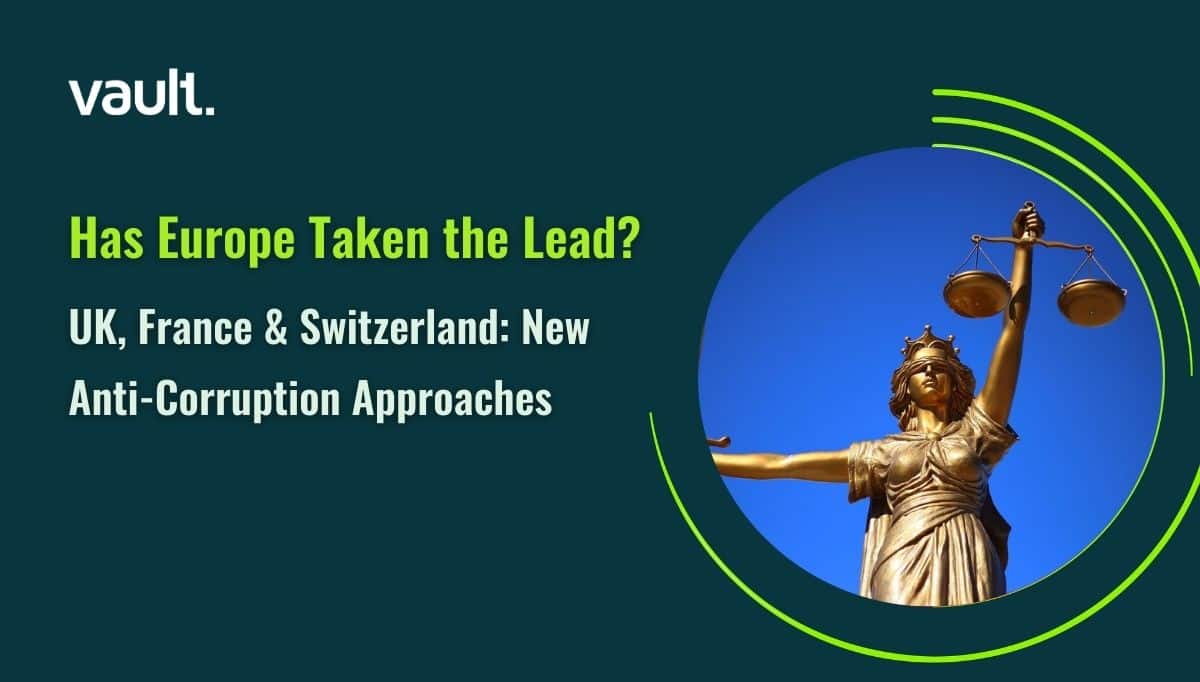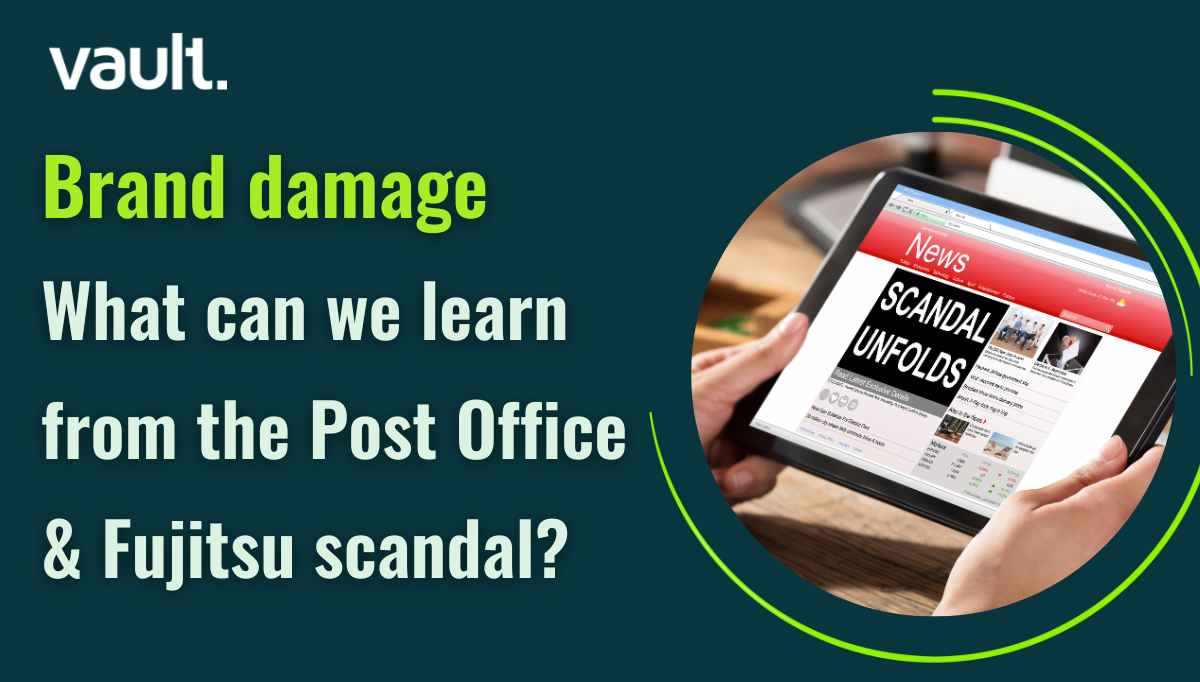
Uncovering risk and preventing scandal: what does The Post Office saga tell us?
One of the biggest miscarriages of justice in Britain’s history, the Post Office Horizon IT scandal has rocked the country, with recent revelations catapulting the saga to center stage in the media spotlight.
An ITV drama brought to life the astonishing accounts of hundreds of innocent people whose lives were ruined after incorrect data from Fujitsu’s faulty IT system had wrongly suggested they stole money.
The TV programme captured the public imagination and sparked huge national outcry, applying pressure on politicians to act and move forward with proposed new laws to quash the wrongful convictions of hundreds of innocent Post Office sub-postmasters.
Around 900 were prosecuted and more than 200 sent to prison from 1999 to 2015.
It’s taken a very long time for the truth to surface. But would it have ever emerged without whistleblowers?
The critical role of whistleblowers
The role of those with inside knowledge of what was really happening behind the scenes has been cited as crucial, alongside the incredible efforts of campaigners.
Whistleblower Richard Roll’s crucial contribution in unveiling the truth about the flawed Horizon software was highlighted in the TV adaptation. His testimony was key in the 2019 High Court Case, which helped prove the innocence of many victims.
An ex-Fujitsu engineer, he was part of a team who had access to Horizon terminals remotely. He’s been giving evidence to the ongoing Public Inquiry in recent weeks.
Mr Roll went on camera in 2015 to tell the BBC’s panorama what had happened behind the scenes.
The challenges of speaking up
The dramatisation showed the difficulties for a potential whistleblower of speaking up. It highlighted the fears and anxieties that come with going up against such large organisations.
And as the full details continue to emerge in the glaring spotlight of the ongoing inquiry, further startling revelations emerge.
More whistleblowers have come forward – with the latest via the Guardian newspaper regarding possible destruction of evidence that might have cleared wrongly accused victims.
How could things have been different?
UK Prime Minister Rishi Sunak, The Criminal Cases Review Commission, and even the Post Office itself, have described the scandal as one of the greatest miscarriages of justice ever seen in Britain.
Could it have all been prevented before it escalated to this stage?
It’s not clear if misconduct reporting systems were in place within the organisations at the centre of this case at the time. But Mr Roll, in his written evidence, describes certain problems being “hushed up” by managers at Fujitsu during his time working there.
Mr Roll blew the whistle years after leaving the company by going directly to campaigners.
Hugely damaging for businesses
The enormity of the scandal that has engulfed both the Post Office and Fujitsu is unquestionable.
It illustrates that businesses can easily have blindspots to potentially disastrous headline-grabbing business risks.
The reputational damage is likely to be gigantic, analysts have said.
Fujitsu Europe Director Paul Patterson acknowledged the damage to the firm’s reputation when speaking to UK MPs recently, as he issued a company apology.
Then there’s the financial implications, with compensation claims in this case still far from resolved but estimated at more than £1bn.
The saga offers a sobering case study for all modern day organisations who aren’t actively seeking to uncover risks and misconduct at source.
How can other brands avoid such a scandal?
One study from The US Equal Employment Opportunity Commission estimated up to 75% of workplace misconduct is never formally reported.
And an Ethisphere research paper found nearly half of employees who observed misconduct in the past 12 months failed to report the matter.
So, there could be many problems bubbling under the surface that organisations are not being made aware of.
For companies seeking to avoid a scandal like the Post Office, the key is to uncover wrongdoing and risks early before they escalate into something far larger.
Developing an advanced Speak Up culture
To achieve this requires developing an advanced Speak Up culture within the business, empowering employees to report misconduct. And backed by a robust misconduct reporting solution.
Traditional one-size-fits-all channels – like legacy hotlines are not fit for purpose and most incidents are either not reported or surfaced through anecdotal feedback.
Businesses risk compliance failings if processes to surface concerns, investigate cases and report progress are not connected and the workflows are inefficient. Instilling a modern, sophisticated, fully equipped modern case management and whistleblowing system is essential.
It empowers everyone in your ecosystem – investors, employees, vendors, customers – to help you uncover unreported incidents, contribute to resolving them faster and enable you to prevent future wrongdoing.
How can Vault help?
We believe companies can be protected from major risks – perhaps the next big crisis scandal or lawsuit – if their people are protected too. Our platform delivers the true opportunity to Speak Up.
Uncover risks early by:
– Enabling the people in your ecosystem to gain access and speak up about incidents by offering multiple reporting channels, including the mobile app and Vault Talk, our AI-powered hotline.
– Capturing actionable insights (rather than unstructured reports) that lead to credible investigations through tools that make reporters feel psychologically safe, including anonymous reporting.
Book a call with one of our specialists to find out more.
